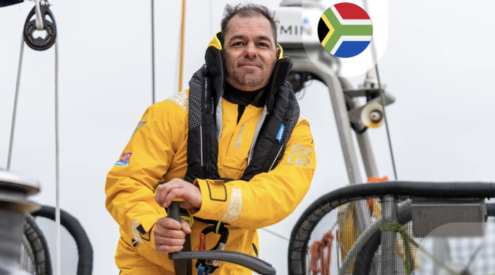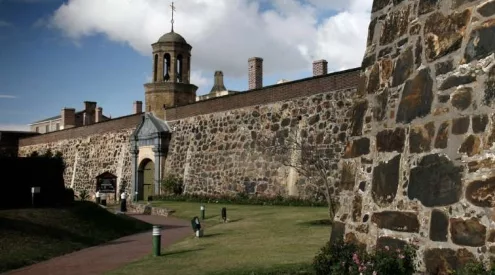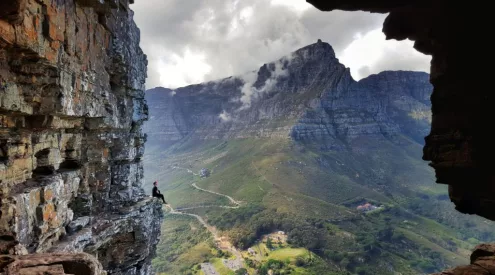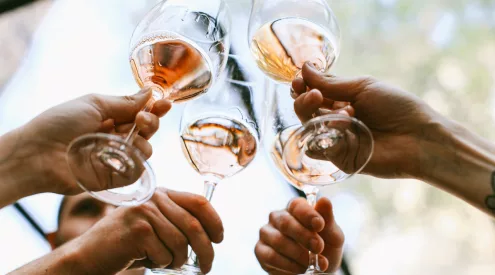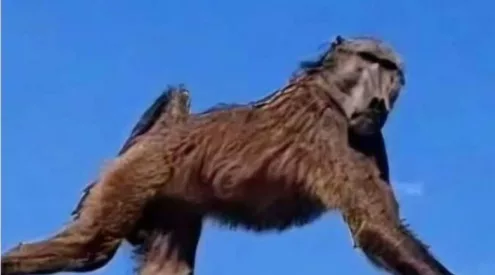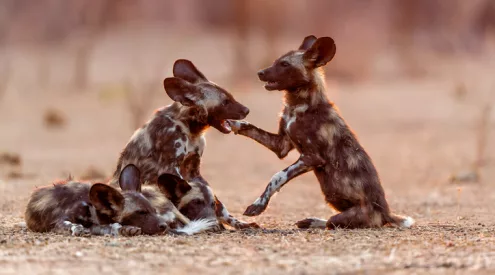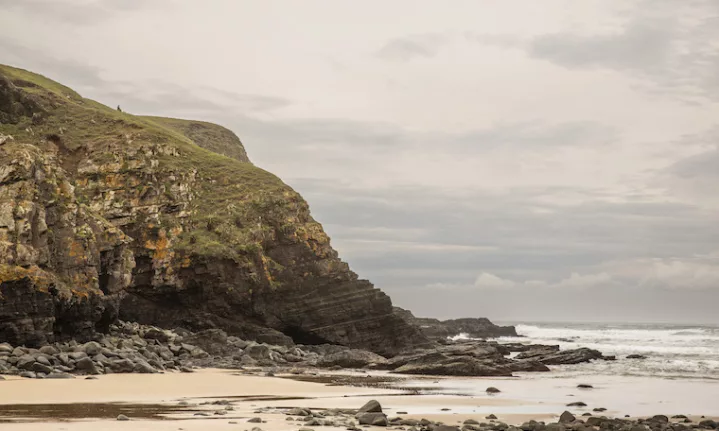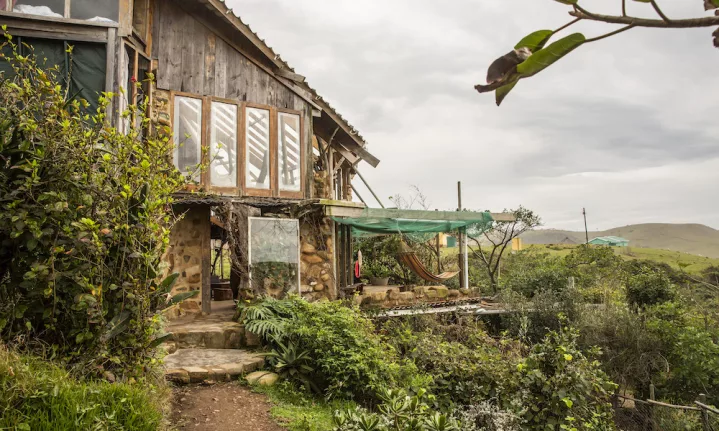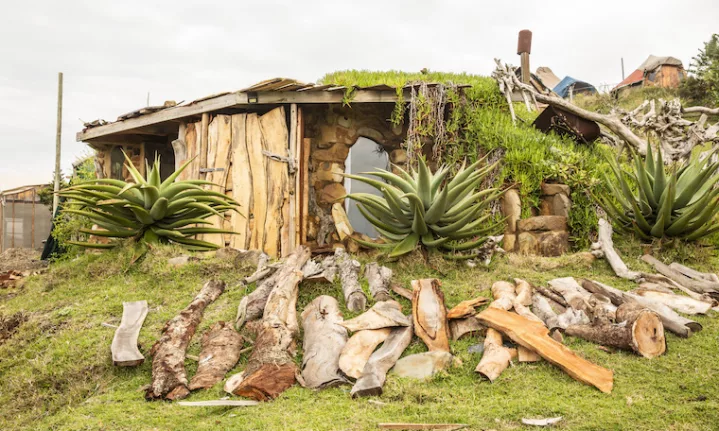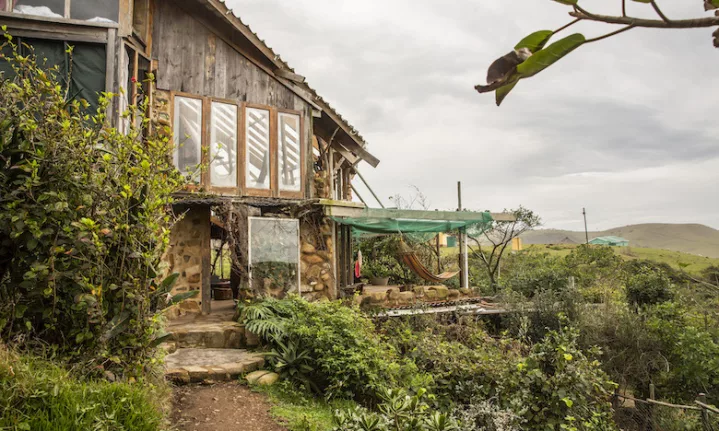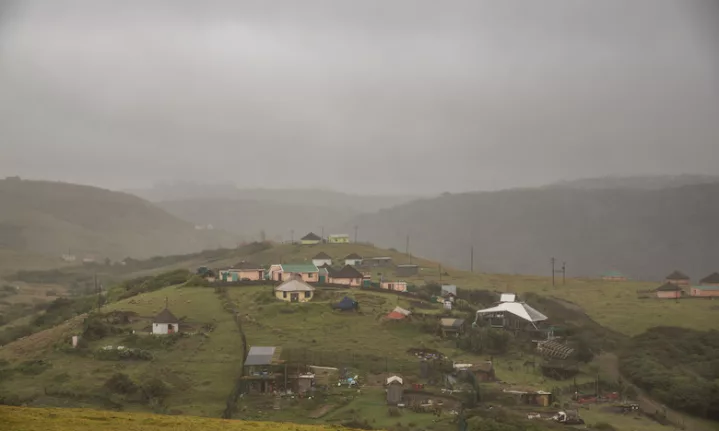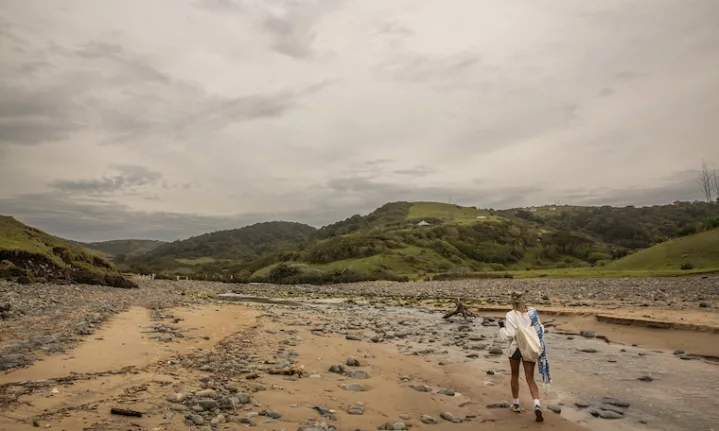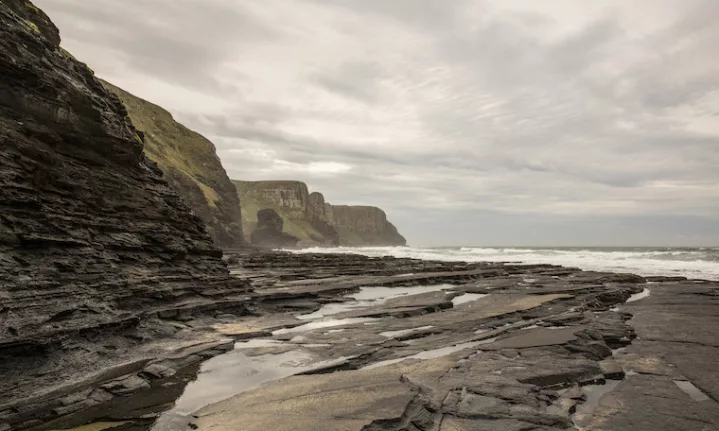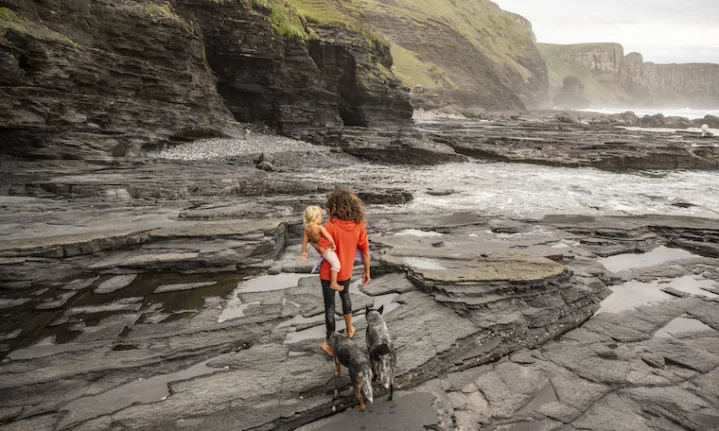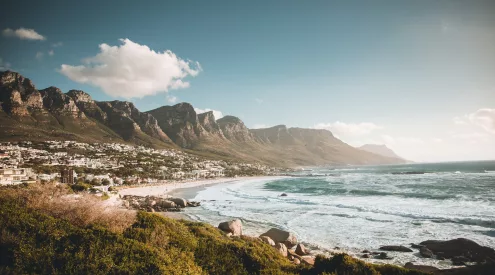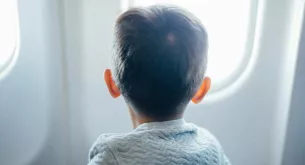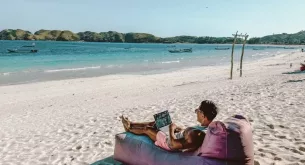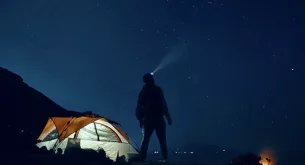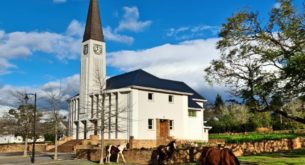Wild Lubanzi’s unique landscape and unconventional accommodation make for a memorable stop along the Wild Coast.
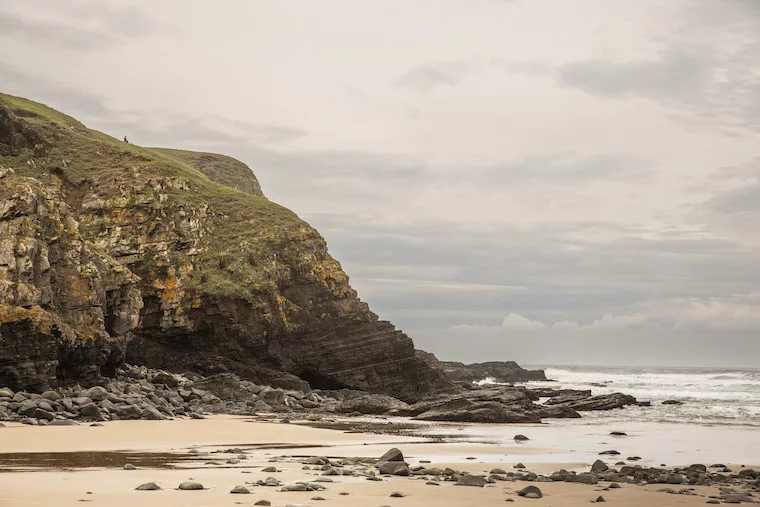
Image: Oliver Keohane
At first, the hobbit huts of Wild Lubanzi offered us a reprieve from battling up a rooftop tent against the heavy downfall that took over the Transkei in early April. After two intimate evenings and a day spent exploring the mystical coastal cliffs, the unique Backpackers gave us so much more than just dry clothes, and it is a stop that must be made when venturing into the Wild Coast.
ALSO READ: Bulungula Eco Lodge and the Mercedes that Runs on Wild Coast Sun
Lubanzi sits between Bulungula Eco-Lodge (the first stop on our week-long journey through the Transkei), and a well-known destination of the Eastern Cape, Coffee Bay. Wild Lubanzi has been built amid the same rich green rolling hills that characterise much of the Transkei, but after a week spent at different locations along the coast, there is a distinct energy and landscape that differentiates Lubanzi from the rest.
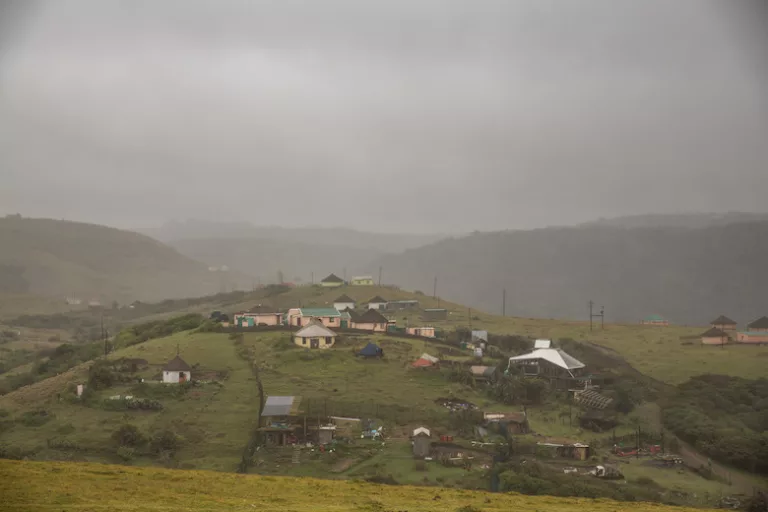
Image: Ali Meredith
The architecture is unconventional and it is epic. Built from reclaimed, upcycled and locally sourced materials, the backpackers resembled, on arrival, a rainswept tree house. Through the entrance (of which you will find there a few), a sprawling open-plan dining and deck area overlook Lubanzi’s coastline, fitted with a hammock and a tree swing and dotted with different platforms to improve your vantage point. Built out of wood, flexing around the landscape’s natural elements, the common area of the backpackers looks like it was just born out of the side of the hill. The Magic Faraway Tree stories, by Enid Blyton, were some of my favourite books as a child. Walking into Wild Lubanzi, an air of that boyish excitement returned.
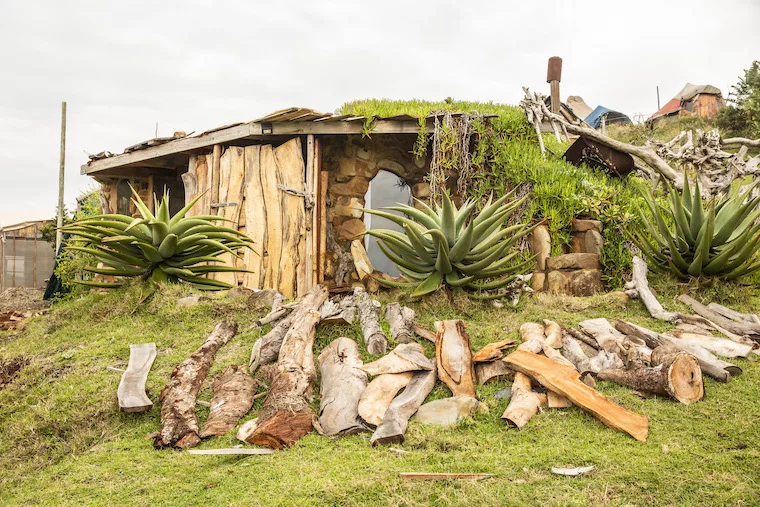
Image: Oliver Keohane
The Tipsy Traveller Bar takes up one corner, serving Transkei Dumpies (quarts of Black Label) to travellers in need. On the other side of the common area, carved and cobbled out of stone and decorated with cushions, is a little nook called “The Cosy Corner”. This corner’s magnificent fireplace facilitated, over two chilly evenings, many glasses of whiskey and wine, and some wonderful conversations with the owner of Wild Lubanzi, a lovely couple who manages the bar, and a fellow guest who had also found refuge at Wild Lubanzi, while his rain-battered tent braved it out back in Coffee Bay. We ended up heading back to Coffee Bay in convoy with him a few days later.
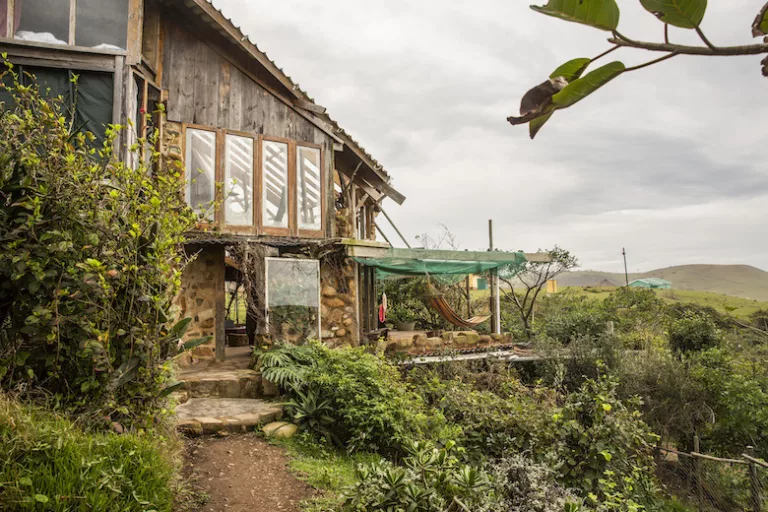
Image: Oliver Keohane
Our new friend was meant to stay one night, he stayed three. We were meant to stay one night, we stayed two, and struggled to say goodbye on day three. Such is the homely, welcoming nature of Wild Lubanzi. The self-catering cottages are dotted up the hill, overlooking the ocean, and provide a private, comfortable place to retire at night. But it is the common area that is the life of Wild Lubanzi. Music plays softly throughout the day and night, and the main kitchen lies adjacent to the dining area and cosy corner, and just opposite the barn making the space more homely.
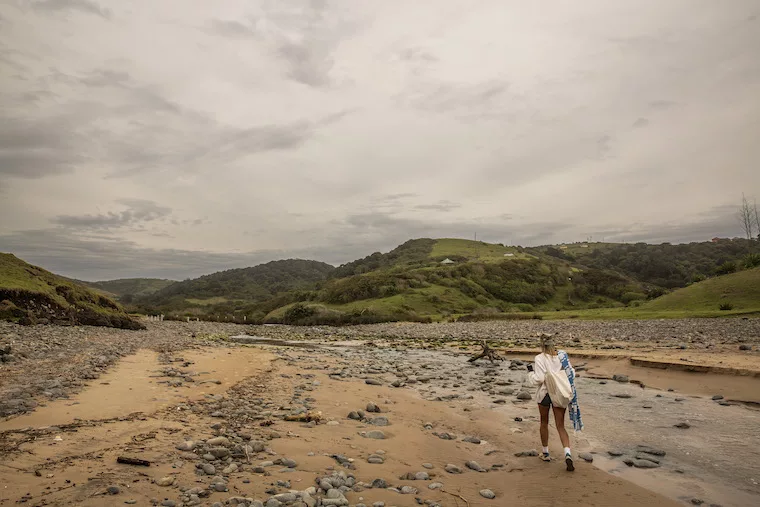
Image: Oliver Keohane
After our first night spent warming up, we were blessed with a rain-free day and encouraged to come and explore the cliffs and caves along Lubanzi’s coastline. If the huts and hills told a story of the Eastern Cape, just over a kilometre along the sea and you would believe you were walking the lochs of Scotland, or perhaps Ireland’s Misty Cliffs of Moher. Lizani, who runs Wild Lubanzi with her husband, guided us on a dramatic hike – not in effort, but environment, along the hills and down the cliffs to the blackstone caves carved out of Lubanzi’s coastline. I have never seen that sort of natural wonder before in South Africa; the ashen rock set against emerald cliff-tops. While the Transkei coastline is generally spectacular, no other stops on our itinerary were this unique in scenery.
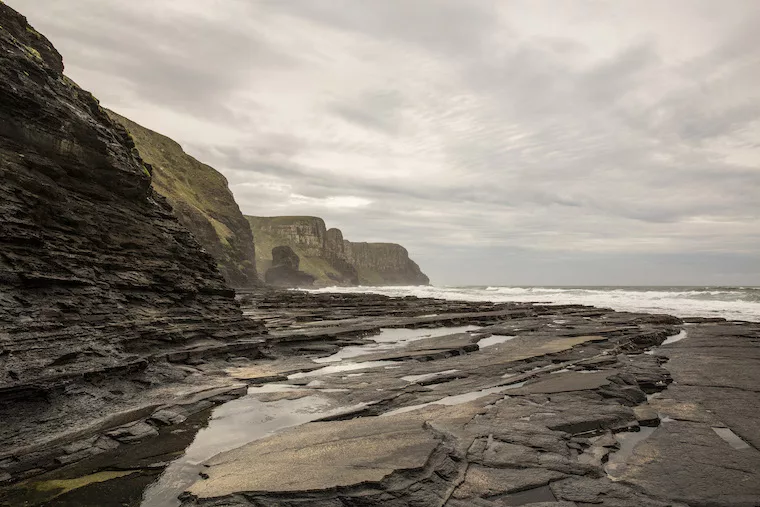
Image: Oliver Keohane
The convoy that tackled this hike included me, my girlfriend, Lizani, her wild, fearless two-year-old – who spent about ten minutes in her arms and the rest of the walk confidently trotting along herself – and two of the most beautiful Australian cattle dogs. We were greeted by cows cruising along the estuary that runs between Lubanzi’s hills and the ocean, reminded by a donkey whose territory it really is as it bleeted away, and made to hold our breath as waves crashed against the raw blackstone beauty of the coastline. Our convoy and encounters were as quirky and wonderful as Wild Lubanzi itself, and I hope to be back soon. Anyone on a mission through the Transkei should stop in for a night. Maybe two, maybe three.
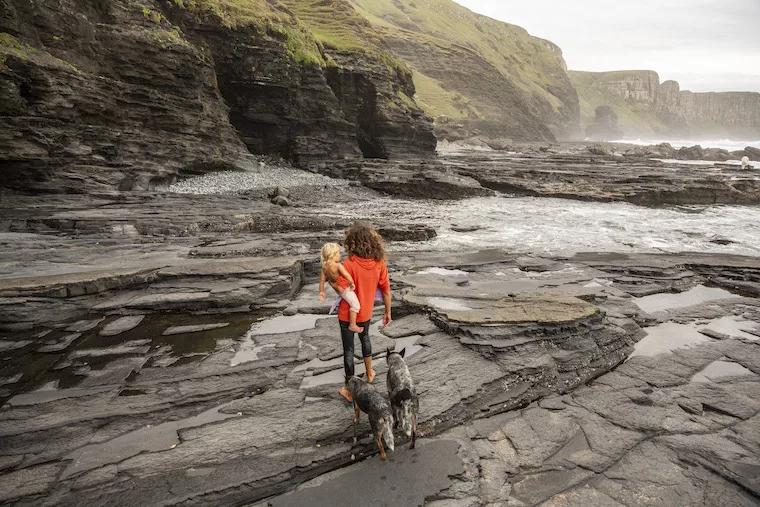
Image: Oliver Keohane
Things to do
Yoga at sunrise, garden surprise, stargazing, tree planting, book exchange, hilltop walk, exploring the caves, whale watching and dolphin spotting, hike to Hole in the Wall, a secluded beach and estuary experience.
Check out the experiences in detail here
Facilities
Wild Lubanzi runs off the grid, powered by solar energy with an Eskom backup. The setup provides enough energy to operate the lights of the lodge, a kitchen fridge, a guest fridge, and also to charge cell phones and laptops during the day. For those opting for self-catering, there is a fully equipped kitchen on the ground floor of the main building available for use.
Despite its rural nature, they offer free WiFi, so guests can stay check in with the outside world or continue with their online work. It is not the fastest but it suffices for basic internet use. Just don’t bank on long Zoom calls or large downloads.
Accommodation and rates
Wild Lubanzi offers a variety of accommodation options, none of which exceed R680 (per couple) per night. Check out the eccentric mix of housing and the respective rates here
For all information visit wildlubanzi.co.za

